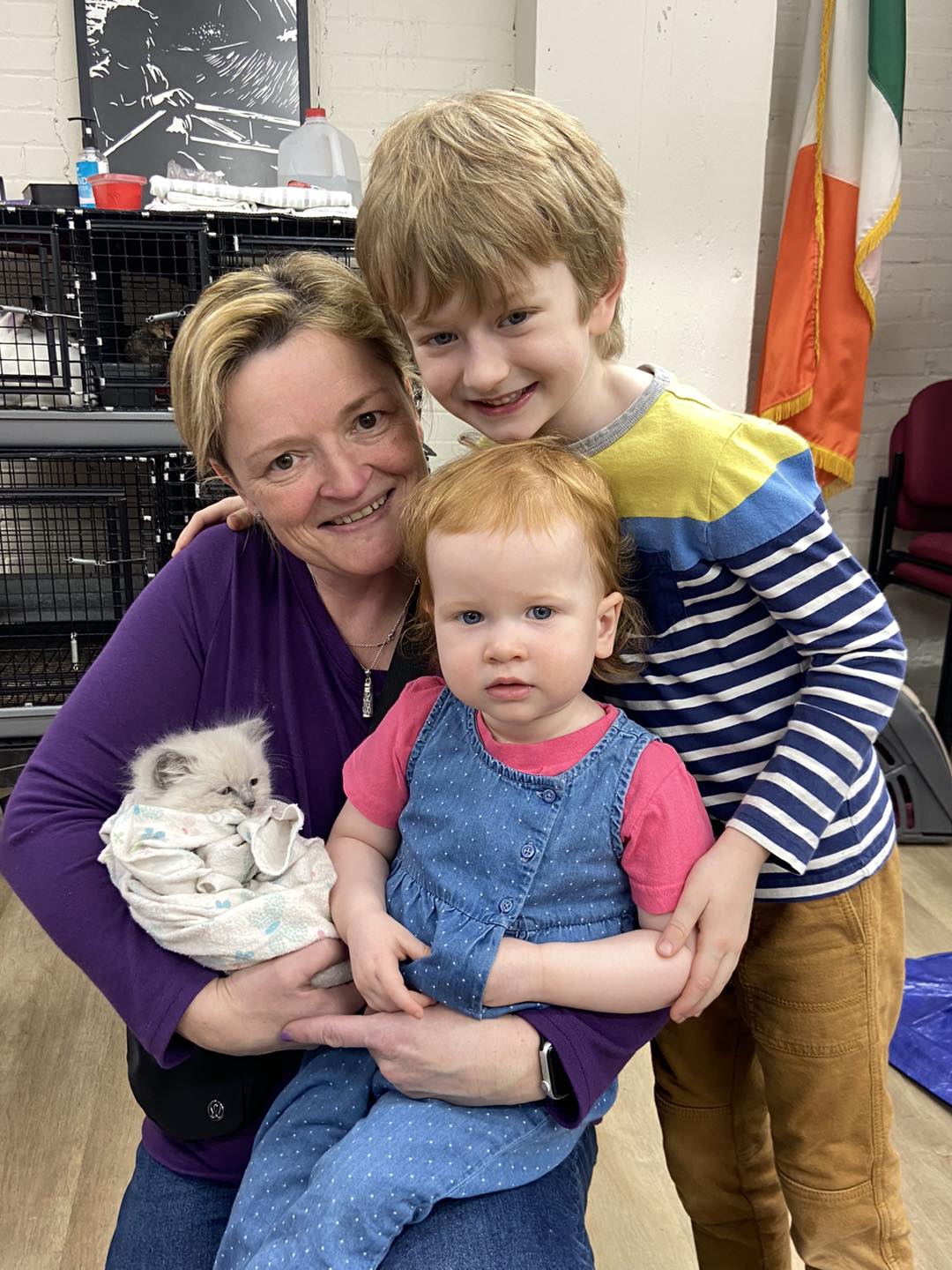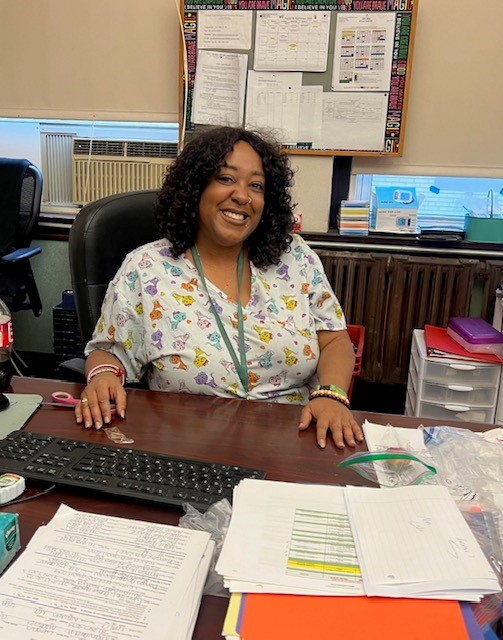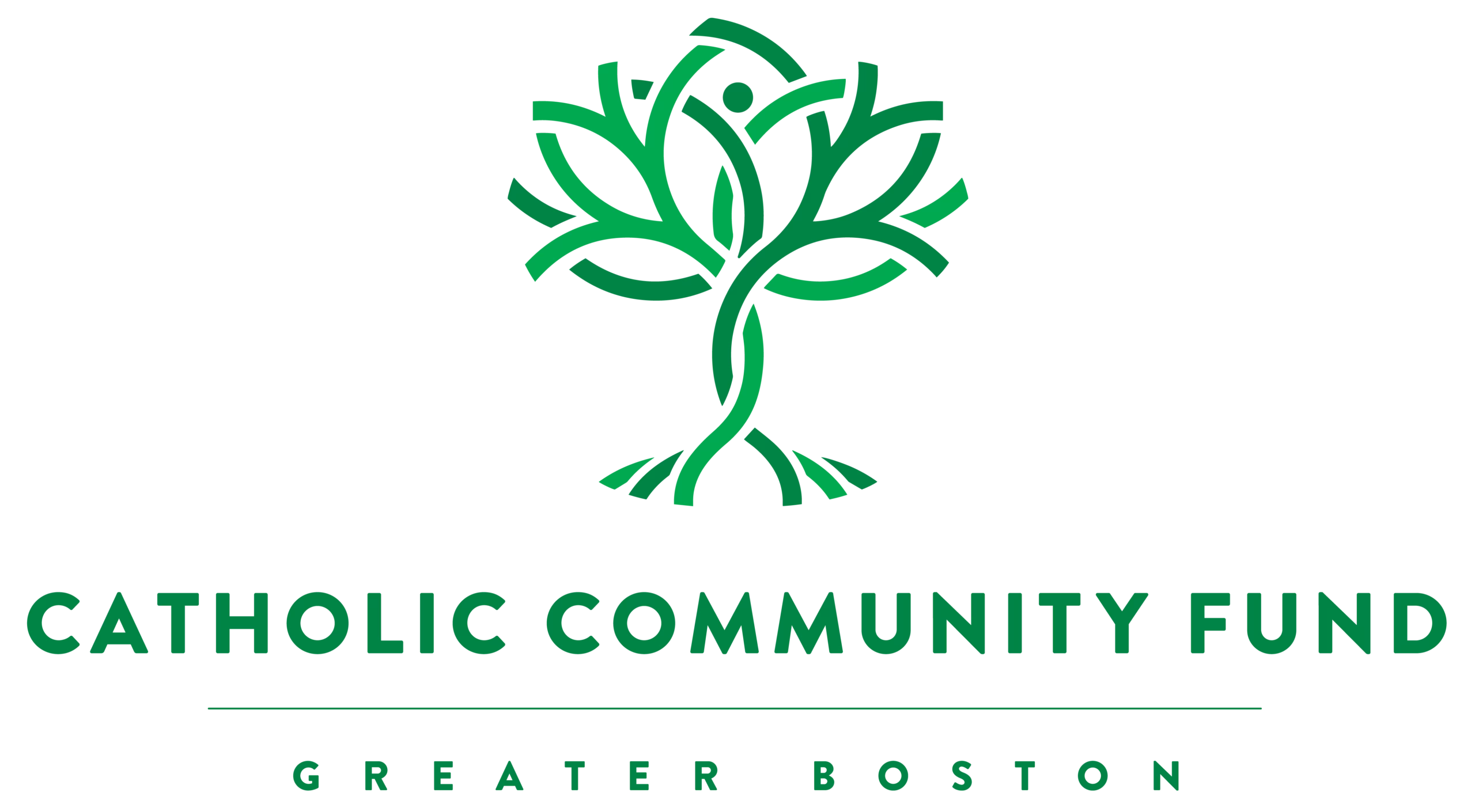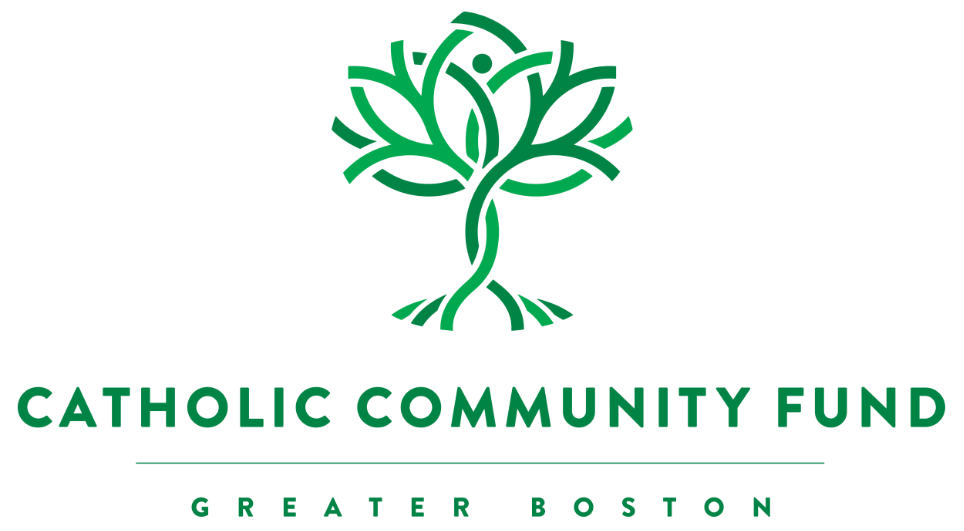Trying to take the “less” out of “homeless” is a daunting task. Many organizations across the Archdiocese enter the intersection of dire and desperation with good intentions to remedy the plight of home insecurity. But one organization is approaching the issue and the system in a different way and, as a result, is inviting people to permanently enter… the garden of EDEN.
Launched in 2020 by Jehu and Deidra Leconte, Empowered and Dedicated to Edify the Nation (EDEN) is a non-profit organization that helps families experiencing homelessness access resources, skills training, and workshops to escape homelessness permanently. It seeks innovative and collaborative solutions to interrupt the cycle of homelessness and focuses efforts on stabilizing families for the long term. The main goal (and the staff’s main motivation) is to provide families with the tools and personal/professional development to achieve economic stability so that they never again face homelessness. Through funding from the Catholic Health Foundation and other contributors, EDEN is able to transform families’ lives.
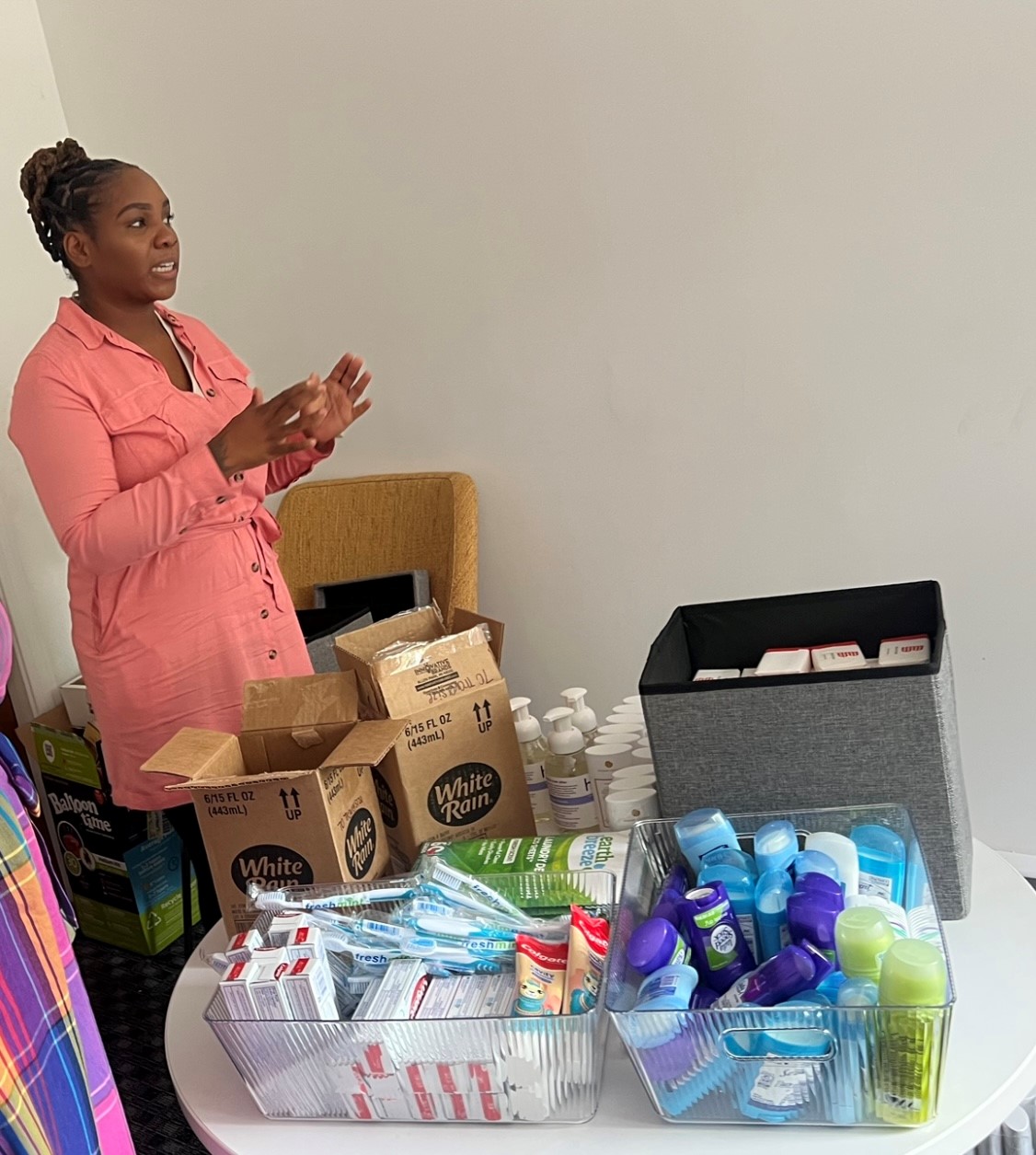
EDEN’s model is designed to help families (particularly single moms and their children) access high-quality job opportunities in fields such as nursing, home health, construction, and customer service while simultaneously equipping them with lifelong skills, financial knowledge, and wellness support.
The influx of migrants fleeing their home countries this year has overwhelmed available resources in Massachusetts, especially the state’s aid network. The Catholic Health Foundation’s grant will help EDEN concentrate on removing the barriers facing these migrants and help them access services, paving the way for families to reach self-sufficiency.
With local shelters overflowing, EDEN has taken a new approach to its programming. “We have 600 families that need shelter and we have had to look at how best to serve them,” Jehu recounts. “Many of them don’t speak English and don’t have any papers. So we broke the program into two tiers- one that addresses the families who are documented and English-speaking and another for those who are lacking those two things. In this way, we can appropriately serve both groups with the proper services.”
EDEN works on the premise that in order to truly break the cycle of homelessness, organizations need to look beyond merely the housing issue. The root causes need to be weeded out and examined. Only by doing this can families realize sustainable change.
“Shelters are similar to emergency rooms,” Jehu explains. “People go to an ER to find temporary relief. They enter a triage system where their needs are quickly assessed and prioritized according to urgency. But there is no primary care physician, no one to put a plan into place for long term care. While shelters are like emergency rooms, EDEN acts like a primary care clinician. We diagnose the underlying problems and then work to cure them.”
By adopting a deeply compassionate and personalized approach with each family, EDEN meets families where they’re at. This means understanding their stressors. “EDEN acts like a life coach to these families,” says Deidra, EDEN’s Co-Founder and Chief Operating Officer. “In our intake assessments, we ask families to identify their dreams and aspirations. We ask them to describe their ideal job. We ask questions and then ask them again in a different way so that they really consider their future. Ours is not a cookie cutter program.”
This personalized examination of everyone’s circumstances helps craft sustainable solutions. “The goal is to help each family build a life of independence,” continues Deidra. “What people often don’t understand is that the ‘life after shelter’ experience can be very stressful. They are cut off from their benefits, they no longer have access to the resources that they did while they were in the shelter. They have housing but nothing else, so they often fall back into the system.”
Part of the “personalized plans” include four 30-day training sessions where participants focus on job training skills, financial literacy, self-development, and wellness. After they have successfully completed the 4-month cohort, they receive three years of continued wraparound career, academic, housing, wellness, and financial support services. Participants are also paired with an assigned family advisor and clinician who reinforce program goals and objectives.
“We constantly remind our families that their current situation doesn’t define them. We build up their self-esteem, treat them with dignity, and change the narrative that they tell themselves.”
Homelessness, although a complex problem, can be solved by innovative partnerships with diverse community institutions. EDEN knows this and works hard to forge strategic relationships and develop curated plans with local businesses that set families up for self-sufficiency. Some of their many partners include Vine Street Community Center, About Fresh, Boston Medical Center, and C & S Healthcare Training.
“These families’ dreams have fallen by the wayside,” Deidra reflects thoughtfully. “EDEN works to revive those dreams and give them back their life.”
This is no surprise, of course… for redirecting lost souls is what EDEN is known for best.
